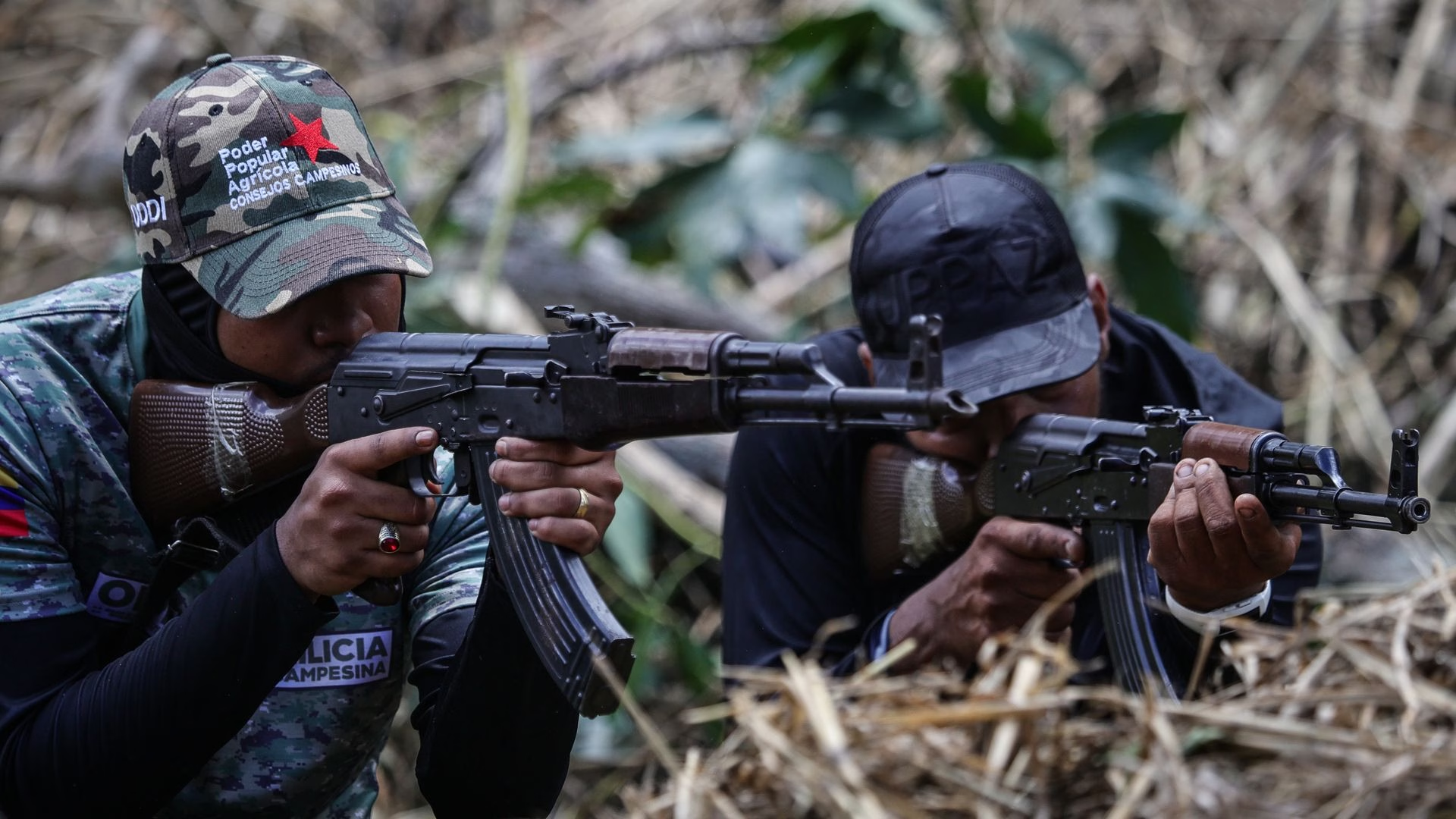Nearly 500 people have been arrested over protests supporting the proscribed group Palestine Action, as demonstrators defied calls to reconsider in the wake of the Manchester synagogue terror attack.
World News – Breaking international news and headlines | Sky News


